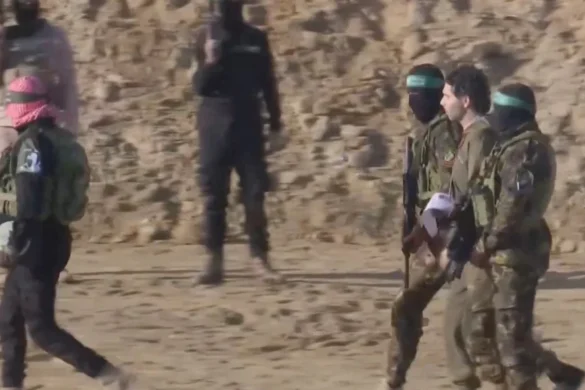Syria peace talks in Geneva showed a first flicker of movement on Wednesday, as the opposition said President Bashar al-Assad’s negotiators had been pushed by his Russian allies to address for the first time opposition demands for a political transition.
Six days of UN-led talks, the first for almost 10 months, have focused almost entirely on how to arrange more substantive talks in later rounds. But after two hours closeted with UN mediator Staffan de Mistura on Wednesday, opposition negotiator Nasr al-Hariri told reporters he had made “a good start”.
“There have been really deep discussions, for the first time,” he said. “We notice now that the political transition subject has become the main subject on the table.”
The opposition wants to discuss “political transition” because they see it as an end to Assad’s autocratic rule.
Such a political concession by the government, after major gains on the battlefield, has never been up for discussion, according to past comments by Assad’s chief negotiator Bashar al-Ja’afari. Hariri said Ja’afari may have had his arm twisted.
“We heard from Mr de Mistura that – due to Russian pressure, and this is a sign that can be initially encouraging – there is acceptance to tackle the issues enshrined in (UN Security Council resolution) 2254, and most importantly to us political transition,” Hariri said.
Resolution 2254 sets out a political transition process including plans for a new constitution, UN-supervised elections and transparent and accountable governance.
Two Western diplomats said the Syrian government agreed to study de Mistura’s three political concepts. However, they said it had repeated its long-standing position that counter-terrorism talks should take priority and be part of the negotiations.
“You have to wonder if it’s not just another ruse to win time,” said one diplomat.
Hariri also accused the government of trying to stymie progress and of ramping up the war to foil the talks.
The Syrian Observatory for Human Rights, which monitors the conflict, said government bombardment of a rebel-held area in Damascus’s northeastern outskirts intensified on Wednesday, and fighting between government forces and rebels killed 13 Syrian soldiers.
Government forces launched attacks around Qaboun in the days leading up to the current round of peace talks, the fiercest assault there for more than two years, according to the Observatory and a medical worker in the area.
A ceasefire backed by Russia, Iran and Turkey has not stopped the fighting. Russian news agencies reported that a new round of ceasefire talks would start on March 14.
Hariri said Russia had not done its job as guarantor of the ceasefire, and he planned to discuss the ceasefire, the humanitarian situation and the political process with Gatilov.




